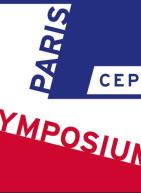DP7415 Paying for Confidence: An Experimental Study of the Demand for Non-Instrumental Information
This paper presents experimental evidence that when individuals are about to make a given decision under risk, they are willing to pay for information on the likelihood that this decision is ex-post optimal, even if this information will not affect their decision. Our findings suggest that this demand for non-instrumental information is caused by what we refer to as a "confidence effect": the desire to increase one?s posterior belief by ruling out "bad news", even when such news would have no effect on one?s decision. We conduct various treatments to show that our subjects? behavior is not likely to be caused by an intrinsic preference for information, failure of backward induction or an attempt to minimize thinking costs.


